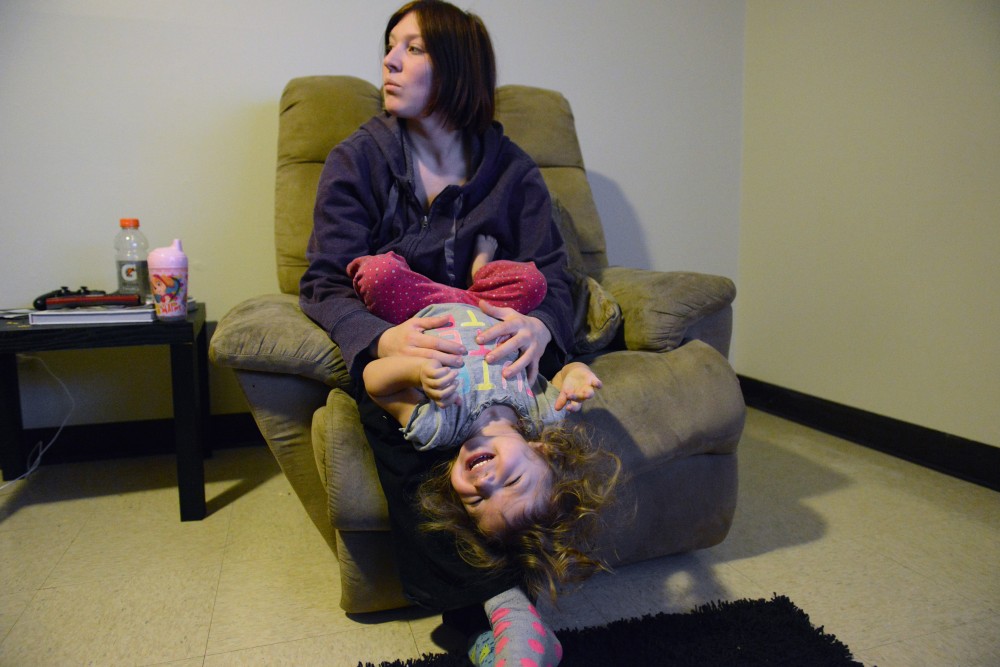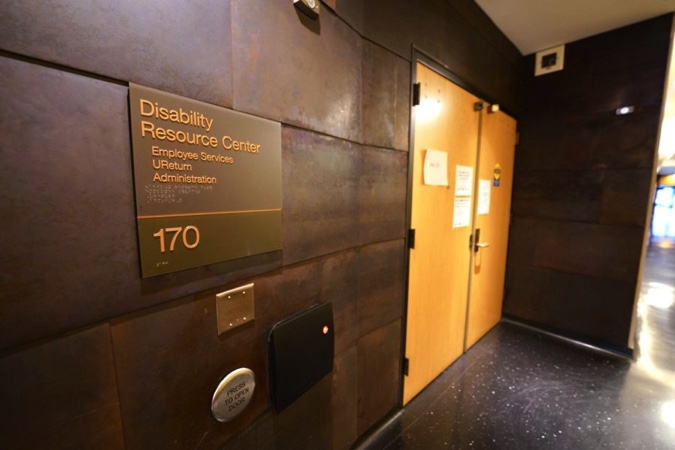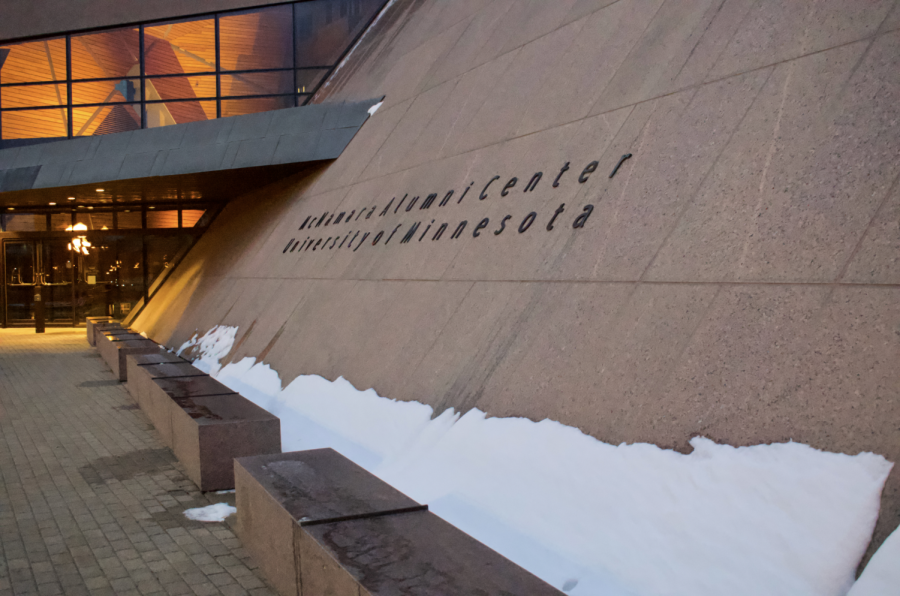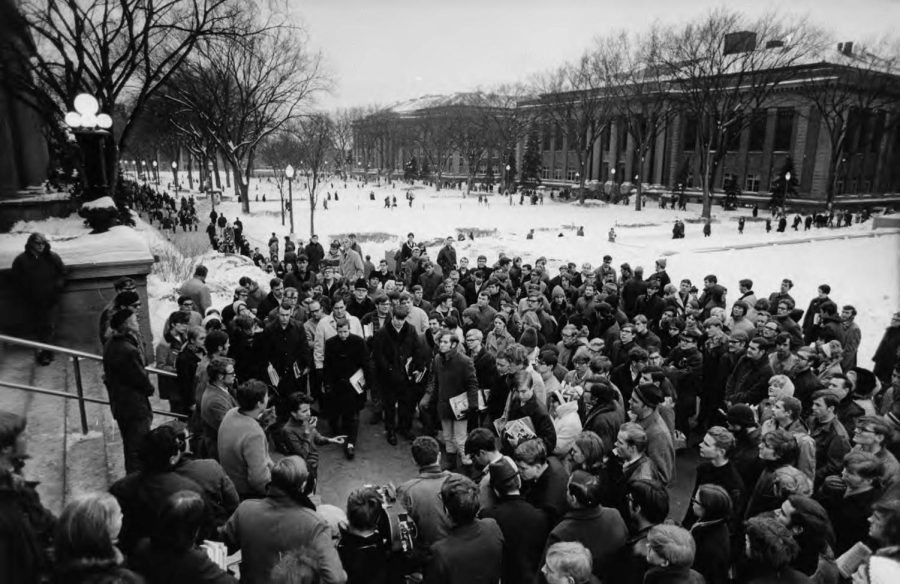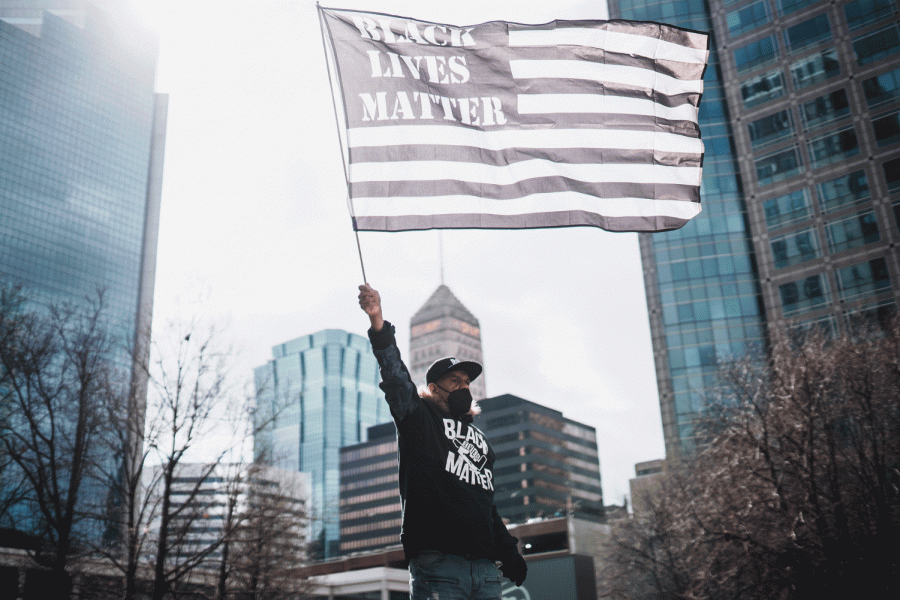Glendale Community Townhomes residents were mingling with their Prospect Park neighbors in 2014 when they heard second-hand their homes could disappear.
Three years later, some residents of the public housing development — which houses nearly 200 low-income families — still fear displacement.
But with the possibility of a city historic designation, funding for heating improvements from a local nonprofit and the reinstallment of a resident council on the horizon, those invested in Glendale’s future say they could reach a decision on the townhomes soon.
The Prospect Park Association drafted redevelopment plans in 2014 that mentioned the University of Minnesota-area townhomes. In 2015 and 2016, the Minneapolis Public Housing Authority, which oversees more than 6,000 public rental units in Minneapolis, followed suit with proposals to replace the townhomes with mixed-income housing.
A small group of Glendale residents who call themselves Defend Glendale promptly raised concerns, catching the attention of local news media and legislators. Coverage of residents’ fear of gentrification has stalled MPHA’s plans since.
Meanwhile some veteran residents are worried the future of their homes is up for public debate. Vincent Grear — who moved into the townhomes in December with his fiancee Ashley and two-year-old daughter Charlotte — is less wary.

Points of contention
For the last three years, the rift between Defend Glendale and MPHA arose over disparate agendas for the Glendale community.
Defend Glendale advocates say MPHA is trying to privatize and gentrify the townhomes for financial gain, but the agency doesn’t have distinct plans for Glendale’s future, said MPHA spokesman Jeff Horwich.
Since the debate over the future of Glendale gained media attention in 2015, council members, legislators and the Prospect Park Association have endorsed Defend Glendale’s efforts to stifle potential redevelopment plans.
And with a surge in attention, redevelopment plans have been tabled, Horwich said, adding that MPHA won’t pursue changes to the townhomes until it has reestablished regular communication with residents.
Nonetheless, Horwich said he hopes plans to redevelop will be revisted in the next three to five years. For MPHA officials, Glendale’s low-density layout deters the agency from housing the 13,423 low-income and homeless people on its public housing waiting list.
Defend Glendale’s concerns over displacement aren’t unfounded, said Malik Holt-Shabazz, the neighborhood leadership and organizing program coordinator for the University’s Center for Urban and Regional Affairs and a Defend Glendale member.

Public housing redevelopments often end in displacement, said Holt-Shabazz, who is worried the townhomes’ redevelopment could lead to the area’s gentrification.
On the other hand, Horwich said an entire rehabilitation project isn’t a viable financial option. The cost to update Glendale’s 184 units would be at least $15 million, according to official MPHA estimates. And that value could rise to $27 million in the next 20 years. With a yearly capital budget of $10 million, spread out over MPHA’s more than 6,000 unit portfolio, a rehabilitation would be too cost prohibative, said Horwich.
“The nightmare situation is that the issues get too high that we lose units … the goal for MPHA is preserving all 184 units in Glendale and dealing with the right partners to make that happen,” he said.
Even the partial rehabilitation Defend Glendale calls for would require temporary displacement of residents, Horwich said — an outcome that is against the stated wishes of Defend Glendale.
But efforts to secure historic designation for the site could further complicate, and limit, MPHA’s redevelopment options.

Vying for historic designation
Ward 2 Minneapolis Council Member Cam Gordon has entertained the idea of historic designation for Glendale Townhomes since the summer of 2016.
But because of differing designation criteria, it’s unclear whether the label would minimize the number of displaced residents, and the state’s historical society decided the site was not eligible for national historic designation based on a 2015 report commissioned by MPHA.
Gordon — who has attempted to find a middle ground between MPHA and Defend Glendale — has gathered resident input since August, and said he will continue to do so before choosing whether to nominate Glendale for city historic designation,a status which is easier to obtain.
At the August meeting between residents and Defend Glendale, Gordon explained how a historic designation could protect the townhomes from redevelopment.
He will consider framing Glendale Townhomes as a melting-pot of low-income, racially diverse residents in his pitch to the city’s Heritage Preservation Commission.
Aside from Glendale, the Prospect Park neighborhood lacks diversity, he said, making the attribute a strongpoint in his pitch for Glendale.
It isn’t entirely clear what kind of designation, if any, Glendale could qualify for, since there has been extensive reconstruction and renovation done to the houses since they opened in 1952, Gordon said.
Regardless, Gordon said he hopes a designation would still allow for updates to the buildings, which lack proper insulation and handicap access.
In his nearly 12 years on the City Council, only one historical property — which posed a threat to resident safety — was torn down, Gordon said.

“The ‘Glendale Option’ ”
MPHA and Defend Glendale agree the reestablishment of a resident council could help the two groups reach a resolution.
Under federal regulations, residence areas run by a housing authority are required to have a resident council.
But Glendale has lacked one since 2015, when former council president and current Defend Glendale Founder, Ladan Yusuf, resigned from the council because of communication issues with MPHA. In it’s wake, Yusuf created Defend Glendale.
The group’s primary purpose has been to thwart redevelopment and prevent MPHA from forging partnerships with private investors. “That is the Glendale option,” she said.
Malik Holt-Shabazz of Defend Glendale thinks MPHA should be doing more to regain the lost trust of Glendale residents, but he does not think MPHA will agree to the group’s demands of completing basic rehabilitation of the housing development, like fixing heating and insulation.
In a letter sent to Cora McCorvey, the former executive director of MPHA, Sen. Karen Clark, DFL-Minneapolis, said heating and insulation issues at the townhomes raised “serious questions of unlawful discrimination towards this largely immigrant community.”
Work orders from the past two years show the MPHA addressed nearly 97 percent of all residents’ maintenance complaints.
The Sustainability Resource Center (SRC), a home repair nonprofit, offered to contract with MPHA to do the repairs for free, but because the center usually works with single-family homes, it’s taking the two entitites longer to reach an agreement, Horwich said.
“Contrary to assertions that we’re blocking [SRC’s offer], we’re trying to get it done,” he said, adding MPHA and SRC have met regularly for the past few months.
Living with uncertainty
But as indecision and miscommunication persist between activists and the housing authority, the neighborhood seems stuck in limbo.
VincentGrearand his family are happy to live at Glendale, and don’t put much credence into stories that the homes might be demolished.
“There was points I heard they were going to bulldoze,” he said. “I’d hear stories from everywhere.”
Grear is a forklift operator for Amazon and hopes, in the next five years, to move out of public housing, where he has lived for the past three.
So far, Grear hasn’t faced issues with heating and insulation in his Glendale home, and property managers have expressed straightforward expectations for paying rent and maintaining the townhome, unlike his last MPHA-run apartment building.
“I go to work; I come home. It’s peace,” Grear said.










